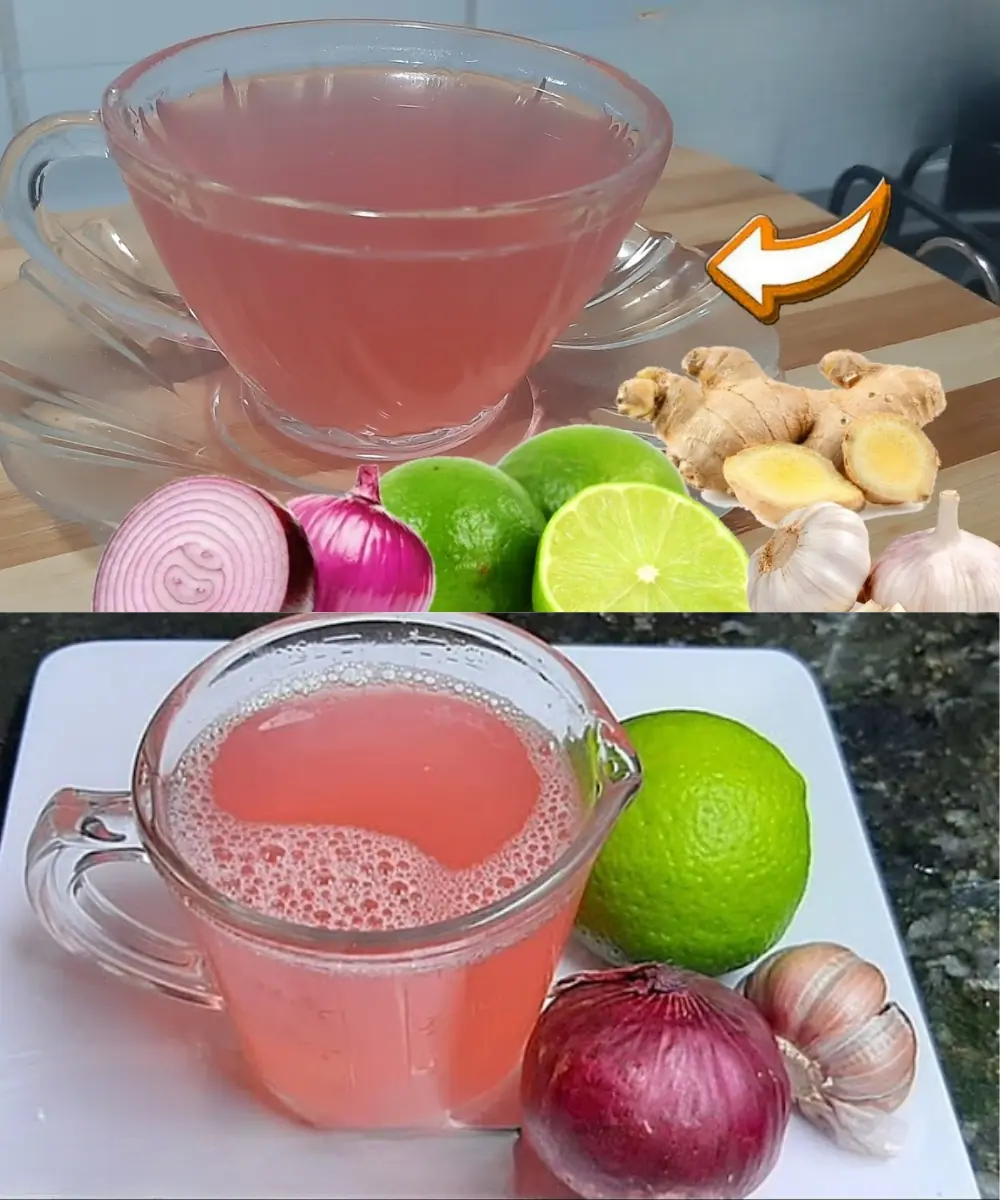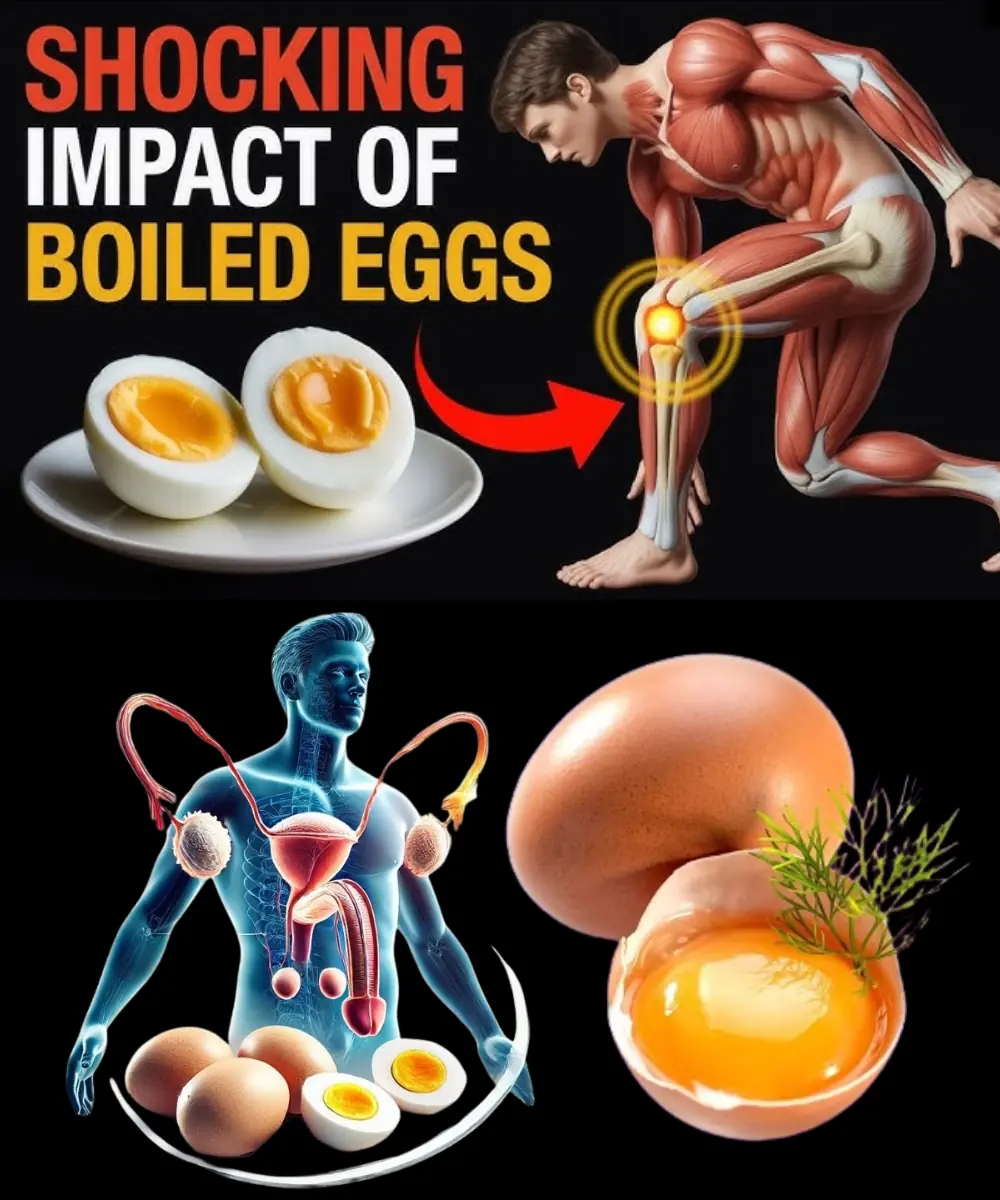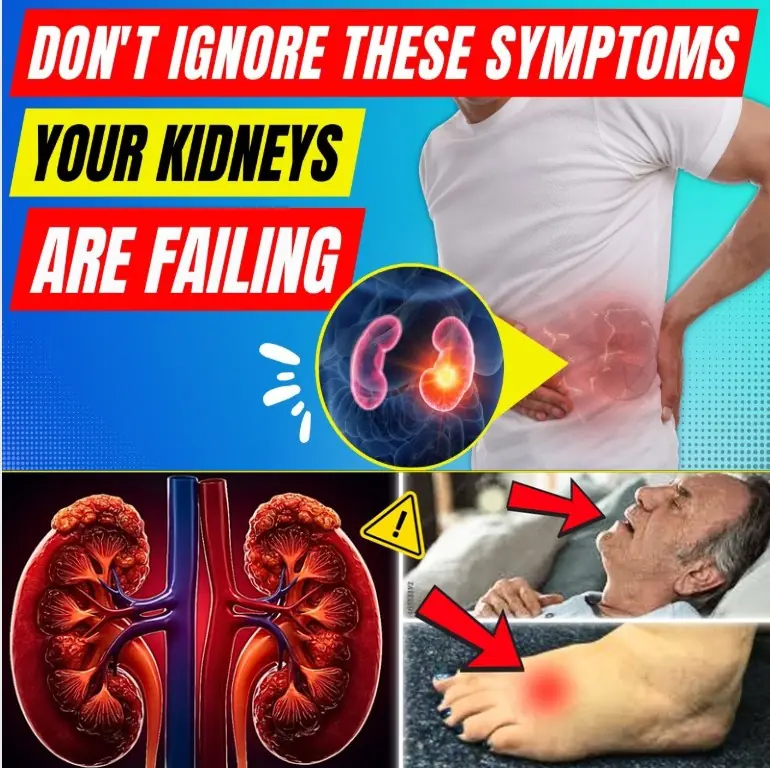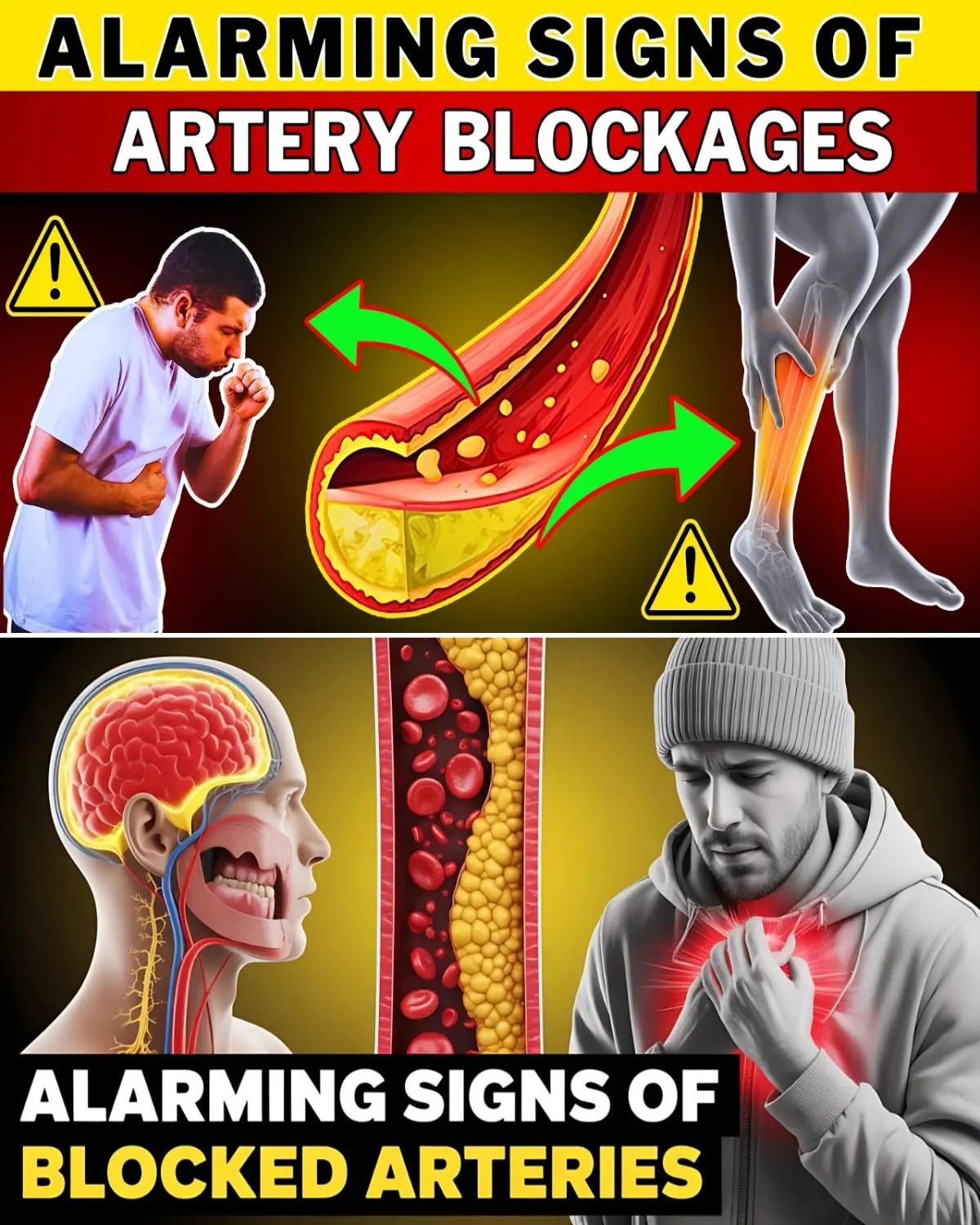
13 Signs Your Blood Sugar Is Way Too High (And 13 Ways to Reduce It)

High blood sugar, also known as hyperglycemia, occurs when blood glucose levels rise above the normal range. If left unmanaged, this condition can lead to serious health complications. Recognizing the signs of high blood sugar and knowing how to keep glucose levels in check are essential for overall well-being.
The Role of Glucose in the Body
Glucose is a key source of energy for the body’s cells. It comes from the foods we eat, particularly carbohydrates, and is transported through the bloodstream. Insulin, a hormone produced by the pancreas, regulates glucose levels and helps cells absorb it for energy.
Glucose is necessary for several bodily functions, including:
✅ Energy production
✅ Fat and protein metabolism
✅ Blood vessel health
✅ Brain function & immune system support
However, when glucose levels become too high or too low, it can disrupt the body's normal processes and lead to serious health problems.
What Happens When Blood Sugar Is Too High?
Although glucose is essential for energy, an excess of it can damage the body over time. High blood sugar is linked to serious complications such as:
⚠ Diabetes (Type 1 & Type 2)
⚠ Heart disease
⚠ Kidney disease
⚠ Nerve damage
⚠ Vision problems & blindness
⚠ Stroke & heart attack
⚠ Poor wound healing & infections
Without proper management, high blood sugar can lead to long-term damage to blood vessels, nerves, and organs.
Causes of High Blood Sugar
Several factors can contribute to hyperglycemia, including:
❌ Diabetes (Type 1 & Type 2) – Insulin production issues or resistance
❌ Hormonal imbalances – Affecting glucose metabolism
❌ Certain medications – Including steroids and some diuretics
❌ Pancreatic disorders – Impacting insulin production
❌ Chronic stress – Leading to elevated cortisol, which raises blood sugar
❌ Unhealthy diet – High consumption of processed foods and sugar
Identifying the root cause of high blood sugar is key to managing and preventing complications.
13 Warning Signs of High Blood Sugar
Your body often sends signals when blood sugar levels are too high. If you experience several of these symptoms, consult a doctor for blood and urine tests to determine if hyperglycemia is the cause.
1. Frequent Urination 🚽
Excess glucose in the blood forces the kidneys to work harder, leading to increased urination.
2. Extreme Thirst 💧
Frequent urination causes dehydration, triggering an unquenchable thirst.
3. Fatigue & Weakness 😴
Cells struggle to absorb glucose for energy, leading to constant tiredness.
4. Constant Hunger 🍽
The body fails to use glucose properly, making you feel hungry even after eating.
5. Dry Mouth 👄
Dehydration from excessive urination can cause persistent dryness in the mouth.
6. Unexplained Weight Loss ⚖
When glucose isn’t available for energy, the body starts breaking down muscle and fat, leading to weight loss.
7. Blurred Vision 👀
High blood sugar can affect fluid balance in the eyes, causing temporary vision changes.
8. Frequent Infections 🦠
Hyperglycemia weakens the immune system, increasing the risk of urinary tract infections (UTIs), skin infections, and fungal infections.
9. Slow Wound Healing 🤕
Poor circulation due to high glucose levels slows the healing process, increasing the risk of infections.
10. Deep, Rapid Breathing 😤
In severe cases, diabetic ketoacidosis (DKA) can occur, causing labored breathing as the body tries to expel excess acid from the blood.
11. Fruity-Smelling Breath 🍬
A sweet or fruity odor in breath could indicate ketones in the bloodstream, a sign of diabetic ketoacidosis.
12. Frequent Headaches 🤯
Fluctuations in blood sugar levels may trigger headaches or migraines.
13. Nausea & Vomiting 🤢
Extreme blood sugar fluctuations can affect digestion, causing nausea and vomiting.
Managing & Reducing High Blood Sugar
If you experience persistent symptoms of high blood sugar, early intervention is crucial. Consider lifestyle changes to maintain stable glucose levels:
✔ Monitor Blood Sugar Levels – Regularly check glucose levels if you have diabetes.
✔ Follow a Balanced Diet – Eat whole foods, fiber-rich vegetables, lean proteins, and healthy fats.
✔ Limit Sugary & Processed Foods – Avoid sodas, refined carbs, and high-sugar snacks.
✔ Stay Hydrated – Drink plenty of water to help the body flush out excess sugar.
✔ Exercise Regularly – Physical activity helps lower blood sugar and improve insulin sensitivity.
✔ Manage Stress – High stress increases cortisol, which can raise blood sugar.
✔ Get Enough Sleep – Poor sleep can disrupt insulin production and metabolism.
Final Thoughts
High blood sugar isn’t just about sugar cravings—it can harm vital organs, weaken immunity, and lead to serious health issues if left untreated. Recognizing early symptoms and making simple lifestyle adjustments can prevent long-term complications.
If you experience multiple signs of high blood sugar, consult a doctor immediately to get the right diagnosis and treatment plan. Your health is in your hands—take control today! 💙
News in the same category


Don’t Drink Coconut Water Before You Know These 11 Secrets!

Pumpkin Seed Milk — The Natural Parasite Cleanser

Fast Rice Water Trick for a Brighter Smile

Morning Drink to Revive Your Kidneys Fast

The Onion Recipe That Could Transform Your Blood Sugar, Support Cleaner Arteries, and Protect Your Heart!

Top 4 Fruits That Help Your Kidneys Flush Out Toxins While You Sleep

Ginger, Clove, and Honey: The Natural Trio Your Body Will Thank You For

Heal 15 Years of Joint Pain Naturally with Turmeric and Honey Tea

This Juice Revived My Grandma’s Energy — Say Goodbye to Fatigue and Body Pain with This Natural Recipe

I’m 66 but Look 36 — My Secret? Aloe Vera & Ginger for Firm, Smooth Skin

How to Make Okra Water to Treat 17 Health Problems Naturally

Banana and Egg Mask to Look Younger Even in Your 80s

Scent Leaf Secrets Unveiled: 10 Surprising Health Benefits of This Miracle Herb

From White Hair to Black Hair Naturally in Just 5 Minutes — Fast Hair Growth Remedy

Boost Your Immune System Year-Round with Garlic, Onion, and Lemon

When You Start Eating 2 Eggs Every Day, Here’s What Happens to Your Body (Is It BAD??)

13 Warning Signs Your Kidneys Are Failing – Don’t Ignore These Symptoms

Save Your Heart: 8 Foods to Naturally Lower Cholesterol

Silent Signs of Artery Blockages Seniors Can’t Ignore
News Post

WHAT HAPPENS WHEN WE TONGUE KISS…See more

Nature’s Secret: 4 Healing Leaves That Support Metabolism, Immunity & Circulation Naturally

Don’t Drink Coconut Water Before You Know These 11 Secrets!

Pumpkin Seed Milk — The Natural Parasite Cleanser

Fast Rice Water Trick for a Brighter Smile

Morning Drink to Revive Your Kidneys Fast

The Onion Recipe That Could Transform Your Blood Sugar, Support Cleaner Arteries, and Protect Your Heart!

Top 4 Fruits That Help Your Kidneys Flush Out Toxins While You Sleep

Ginger, Clove, and Honey: The Natural Trio Your Body Will Thank You For

Heal 15 Years of Joint Pain Naturally with Turmeric and Honey Tea

This Juice Revived My Grandma’s Energy — Say Goodbye to Fatigue and Body Pain with This Natural Recipe

The Benefits of Eating 2 Boiled Eggs Every Morning: Transform Your Health!

If Your Kidneys Are in Danger, Your Body Will Send You These 8 Signals — Don’t Ignore Them

The Surprising Effects of Avocado on Your Heart and Brain

Ways to Get Over a Man Who Didn’t Value You

I’m 66 but Look 36 — My Secret? Aloe Vera & Ginger for Firm, Smooth Skin

How to Make Okra Water to Treat 17 Health Problems Naturally

Banana and Egg Mask to Look Younger Even in Your 80s

Scent Leaf Secrets Unveiled: 10 Surprising Health Benefits of This Miracle Herb
